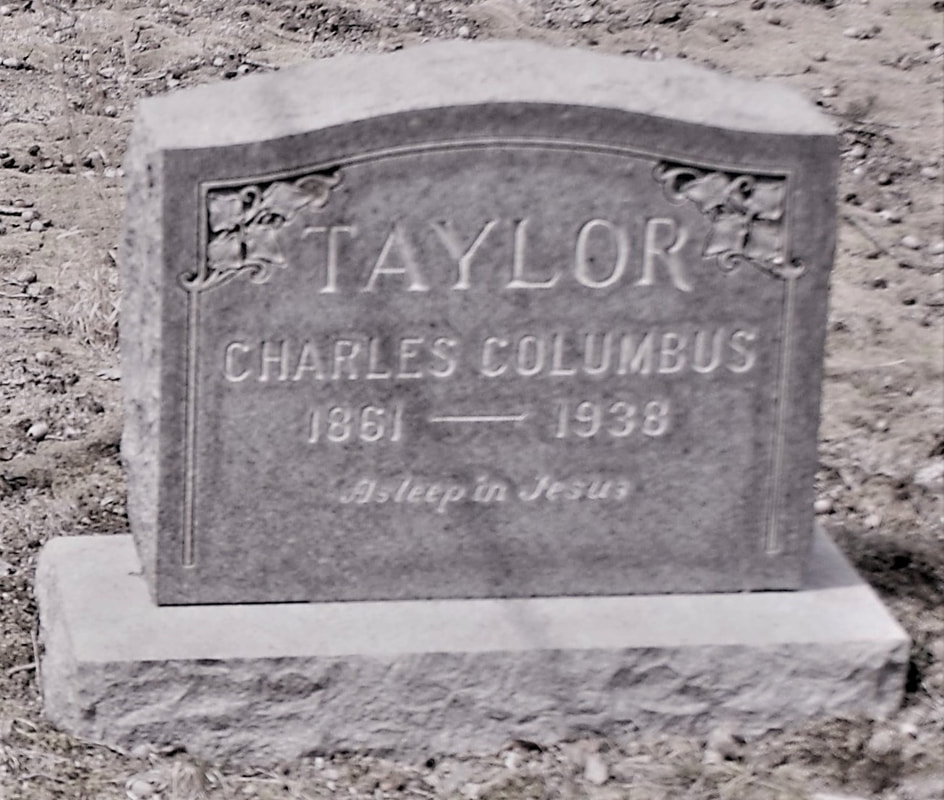

The political crisis that followed Cromwell's death in 1658 resulted in the restoration of the monarchy, and Charles was invited to return to Britain. Charles spent the next nine years in exile in France, the Dutch Republic and the Spanish Netherlands. Cromwell became Lord Protector of England, Scotland and Ireland.

Cromwell defeated Charles II at the Battle of Worcester on 3 September 1651, and Charles fled to mainland Europe. However, England entered the period known as the English Interregnum or the English Commonwealth, with a government led by Oliver Cromwell. After Charles I's execution at Whitehall on 30 January 1649, at the climax of the English Civil War, the Parliament of Scotland proclaimed Charles II king on 5 February 1649.


"In '1493,' Columbus Shaped A World To Be talking about his book 1493". 1493: Uncovering the New World Columbus Created. Indian Givers: How the Indians of the Americas Transformed the World.1491: New Revelations of the Americas Before Columbus.I, for one, will never look at a piece of rubber in quite the same way now that I have been introduced to the debauched nouveaux riches of 19th-century Brazil, guzzling Champagne from bathtubs and gunning one another down in the streets of Manaus.” Gregory McNamee in The Washington Post finds 1493 “fascinating and complex, exemplary in its union of meaningful fact with good storytelling.” See also Ian Morris, in his review in The New York Times, appreciates the interesting tales Mann tells, writing: “He makes even the most unpromising-sounding subjects fascinating. The slaves who managed to escape formed isolated communities, sometimes forging alliances with Indigenous peoples and other marginalized groups. The author ends by describing how the triangular trade in African slaves impacted the world in its culture, food, agriculture, and history. Guano from the Andes was used as a fertilizer in Europe. Potatoes and tobacco were exchanged for silver in China. Colonization also brought the infectious diseases of malaria and yellow fever that he says did not exist on the American continent. Monocultures such as tobacco caused soil erosion and flooding. The author describes the Columbian Exchange and its global impact. The book was adapted for younger readers by Rebecca Stefoff and published by Seven Stories Press in 2015 as 1493 for Young People: From Columbus's Voyage to Globalization. In the United Kingdom, the book is published by Granta Books and is titled 1493: How the Ecological Collision of Europe and the Americas Gave Rise to the Modern World. Modern global food production largely relies on “ invasive species” (crops, livestock) that existed only regionally before establishment of the new trade and transport paths. In his book, Mann argues that Columbus paved the way to the homogenocene, a particular feature of the anthropocene that is marked by a global homogenization of (agricultural) species, diseases, and tools brought about by the migration and transport that set in with the discovery of the new world. It follows on from Mann's previous book on the Americas prior to Columbus, 1491: New Revelations of the Americas Before Columbus. It covers the global effects of the Columbian Exchange, following Columbus first landing in the Americas, that led to our current globalized world civilization. 1491: New Revelations of the Americas Before Columbusġ493: Uncovering the New World Columbus Created is a nonfiction book by Charles C.


 0 kommentar(er)
0 kommentar(er)
